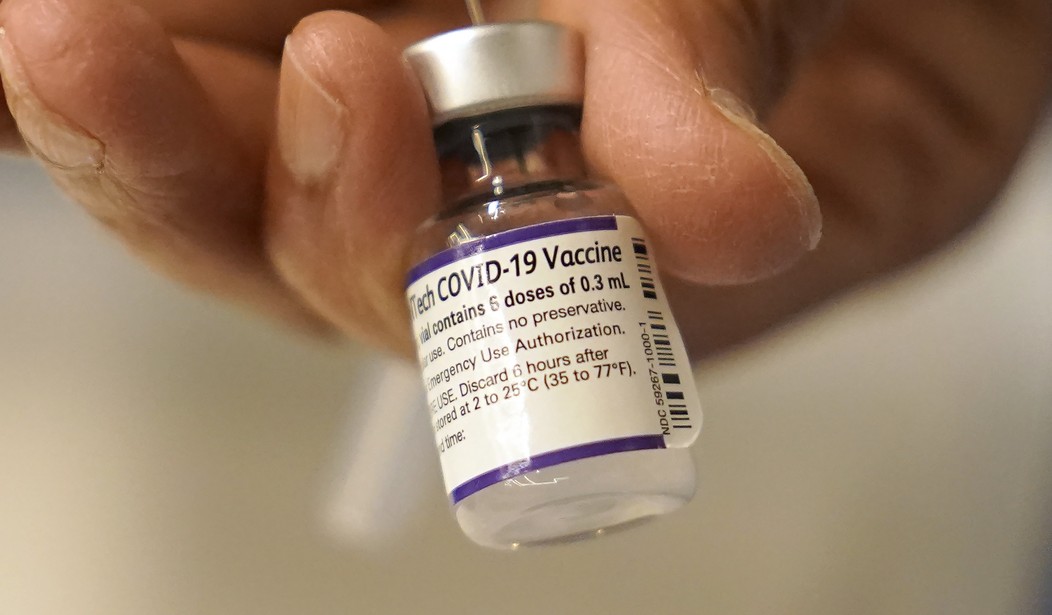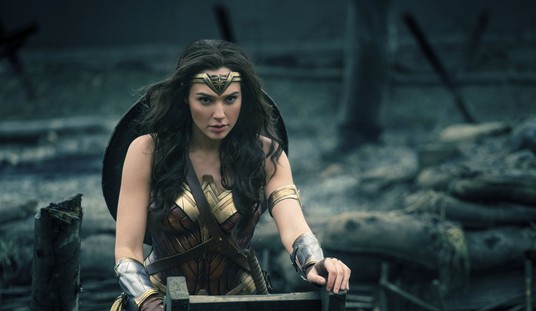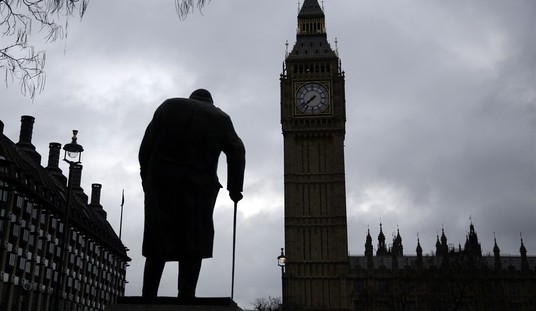In new polling, Rasmussen asked Americans about their perceptions of COVID-19 vaccine safety. Among respondents, 71% report receiving at least a portion of the vaccine series. It is easy to see how partisanship has impacted COVID shot uptake. While 85% of Democrats report receiving the shots, only 63% of Republicans and 64% of unaffiliated voters report the same.
Yet, despite a majority reporting that they have taken the shots, almost 50% believe it is at least somewhat likely that side effects of COVID-19 vaccines have caused a significant number of unexplained deaths. All men and people between 18 and 39 agree with the statement at the highest rates. This coincides with the cardiac side effect profile for men under 40 and the excess death rates reported by insurance actuaries in the working-age population.
And, despite the partisan differences in vaccine uptake, 51% of Democrats agree the shots could cause the recent uptick in unexplained deaths. Only 34% of unaffiliated Americans feel the same way, pulling down the overall result. Respondents with children at home believe vaccines may cause death at the highest rate of 58%. Among parents, 34% say it is very likely. This may explain poor uptake for the initial series in children five and under and low booster uptake in children under 18.
When the pollster asked if respondents thought they knew someone who died because of side effects from the COVID-19 vaccine, the results were astonishing. Nearly one-third of all adults said yes. Among those 18-39, 35% thought they might know someone who died because of the vaccine. Perhaps because of high vaccination rates, 33% of Democrats reported having this suspicion, while only 26% of Republicans and unaffiliated voters did.
Overall, 48% of those polled believe that there are legitimate reasons to be concerned about the safety of COVID-19 vaccines, while 15% are undecided. Those who think there are valid concerns include 83% of those who believe vaccine side effects may cause recent unexplained deaths and 76% of those who suspect they may know someone who died this way.
Related: Could the COVID Jab Make You Sicker Next Time You Run Into the Virus? New Research Says Maybe.
Among the vaccinated, 40% think concerns are valid, and 14% are unsure. Fifty percent of men, 52% of working-age Americans between the ages of 40 and 64, and 51% of respondents with children agree. In another show of partisanship, despite having the highest rate of suspicion that they know someone who died of vaccine side effects, 46% of Democrats say concerns about them are a conspiracy theory. Only 28% of Republicans share that view.
In a Rasmussen poll from mid-December, 68% of respondents reported receiving the COVID vaccination. Among respondents, 34% said they had minor side effects, and 7% reported major side effects from the vaccine. These findings mirror the data the CDC collected in the v-safe system. Among the 10 million participants in the app-based survey program, 33% reported being unable to perform normal activities after vaccination. Within that population, 13% reported missing work or school, and almost 8% reported requiring medical care.
These polls, combined with the CDC’s v-safe data, show that Americans’ experience with the COVID-19 vaccine does not match the public health messaging. That could be why participation with the omicron boosters has fallen significantly. Only 15.1% of Americans over five have received them, with the highest rates in Americans over 65 at 37.5%. By contrast, 73% over five and 94% over 65 completed the initial series. Only 1.7 million children under five have received any doses.
It should be no surprise that public health leaders continue to raise significant concerns about routine vaccination rates, which fell during the pandemic due to the disruption in well-child visits and have not bounced back as hoped. Rasmussen shows that parents are among the most skeptical about COVID shots, along with those under 40. Failure to credibly address these concerns with research and data could increase skepticism about the entire childhood vaccination schedule for years to come.









Join the conversation as a VIP Member